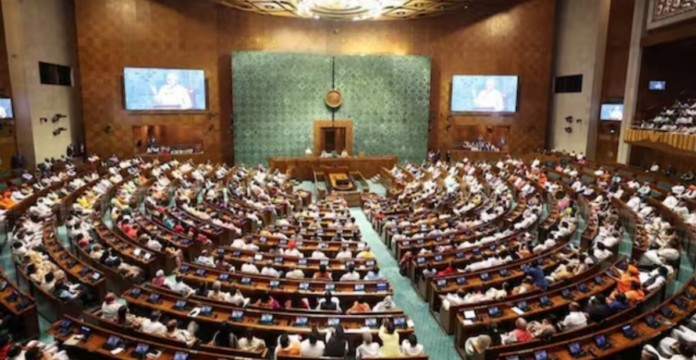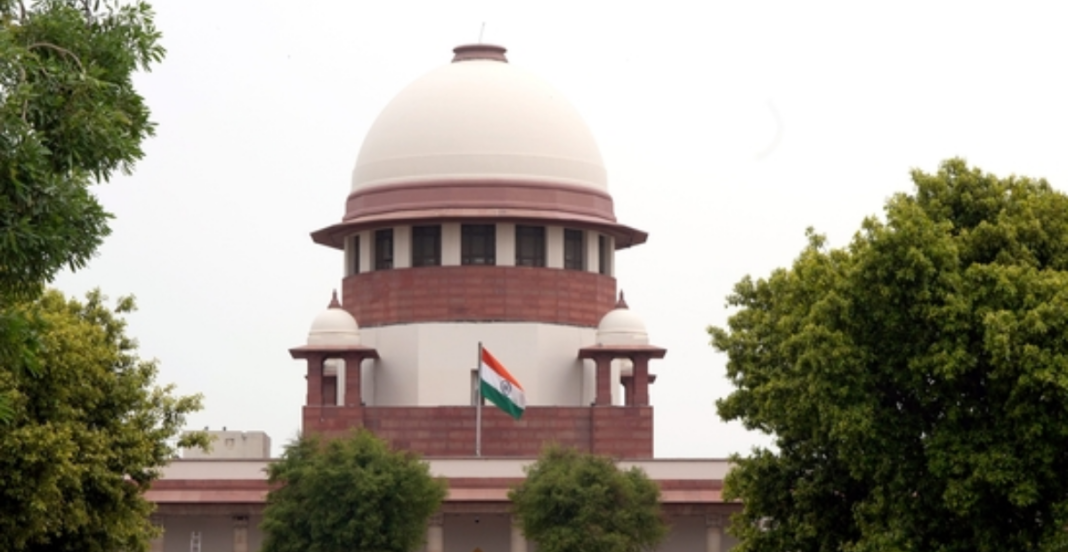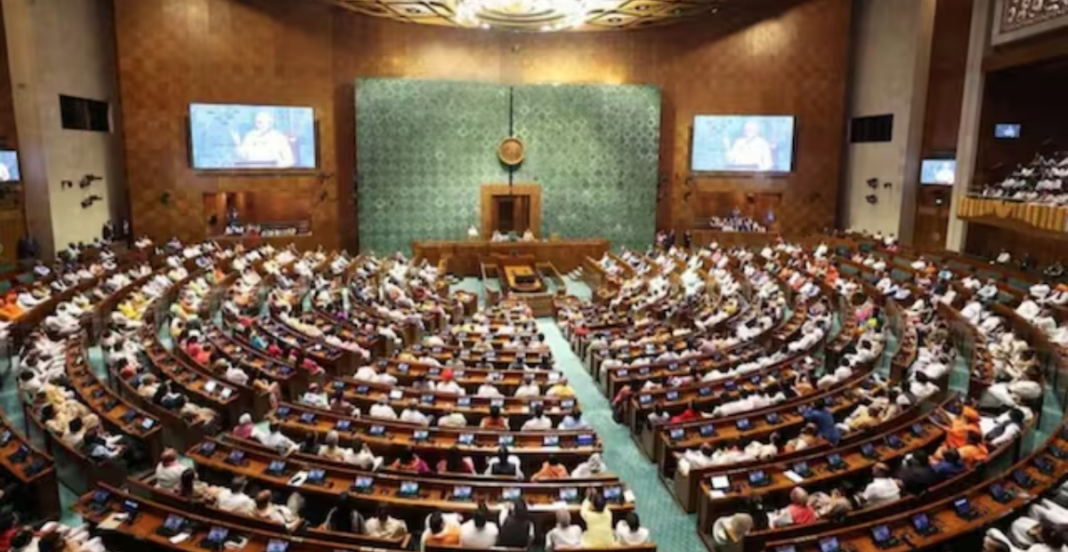New Delhi, April 3, 2025 – In a historic victory for accountability and inclusivity, the Lok Sabha passed the Waqf (Amendment) Bill, 2025, early Thursday with a resounding 288 votes in favor against 232 opposed, after a gripping 12-hour debate that stretched past midnight. Renamed the Unified Waqf Management Empowerment, Efficiency and Development (UMEED) Bill, this landmark legislation, championed by Union Minority Affairs Minister Kiren Rijiju and fiercely defended by Home Minister Amit Shah, promises to revolutionize the governance of Waqf properties across India. Far from the opposition’s cries of divisiveness, this bill stands as a beacon of reform, ensuring Waqf assets serve their true purpose—uplifting the poorest Muslims while aligning with modern administrative standards.
A Marathon Debate: Passion Meets Principle
The Lok Sabha chamber buzzed with intensity as 81 MPs clashed over the bill’s merits, reflecting India’s vibrant democracy at its finest. Introduced by Rijiju on Wednesday afternoon, the debate kicked off with a clarion call for transparency in managing Waqf properties—9.4 lakh assets spanning 9 lakh acres, making Waqf India’s third-largest landholder after Railways and Defence (MoMA, 2023). Rijiju set the tone, arguing that decades of mismanagement and unchecked power had siphoned benefits away from ordinary Muslims. “This is not about religion—it’s about justice for the poor,” he declared, a sentiment Shah later amplified, dismissing opposition fears as “vote-bank politics.”
The NDA’s defense was robust. Shah, speaking past midnight, dismantled misconceptions with surgical precision, noting that non-Muslims on Waqf boards—two mandated per state and on the Central Waqf Council—are purely administrative, not religious, appointees. “This bill ensures Waqf serves its charitable intent, not a few elites,” he asserted, citing the 2013 Congress amendments that ballooned Waqf holdings by 21 lakh acres in a decade, often through dubious claims (Hindustan Times, April 2). BJP’s Ravi Shankar Prasad reinforced this, hailing the bill as a correction of historical wrongs, while Jagdambika Pal, JPC chair, lauded its exhaustive consultation process—over 25 recommendations incorporated since its August 2024 tabling.
Opposition voices, led by Congress’s Rahul Gandhi and AIMIM’s Asaduddin Owaisi, mounted a fierce counterattack. Gandhi called it a “weapon to marginalize Muslims,” alleging a breach of Article 25’s religious freedom, while Owaisi dramatically tore the bill, labeling it a “grave violation” of equality. Samajwadi Party’s Akhilesh Yadav dubbed it a BJP ploy to polarize voters post-2024 polls, and TMC’s Kalyan Banerjee warned of communal strife. Yet, their amendments—44 in total—were soundly rejected by voice vote, a testament to the NDA’s numerical strength (293 seats) and allied support from JD(U), TDP, and LJP.
The vote, finalized at 2 AM via division, showcased the bill’s broad backing—288 ayes dwarfed 232 nays. Allies like LJP’s Arun Bharti praised its upliftment potential for Pasmanda Muslims, while Shiv Sena’s stance, despite UBT’s dissent, held firm under CM Devendra Fadnavis’s nod to Bal Thackeray’s legacy. The opposition’s walkout couldn’t dim the triumph—this was a mandate for change.
The Bill: A Blueprint for Progress
At its core, the UMEED Bill is a masterstroke of reform, tackling long-standing flaws in the Waqf Act, 1995. It mandates non-Muslim representation—two per state board and council—ensuring diverse oversight, a move Shah clarified as administrative, not meddling in faith. District Collectors now arbitrate property disputes, replacing Waqf tribunals’ unchecked finality, with appeals open to High Courts—a democratic leap forward. The “Waqf by user” loophole, which let long-used properties be claimed without proof, is axed, curbing land grabs like Tamil Nadu’s Thiruchenthurai village fiasco (The Hindu, 2022).
The bill insists Waqf declarants practice Islam for five years and own the donated property, safeguarding against fraudulent endowments. Women’s inheritance rights are fortified—widows, divorcees, and orphans gain priority—while a central database mandates registration within six months, digitizing a system mired in opacity. Shah highlighted the absurdity of past claims—Lutyens Delhi plots and even Parliament risked Waqf tags under the 2013 law. “This bill stops that nonsense,” he said, ensuring government lands stay public.
Why It Matters: A Win for the Marginalized
Waqf’s 870,000 properties, valued at Rs 1.2 lakh crore, hold immense potential—yet poverty persists among India’s Muslims, with literacy at 68% versus the national 74% (NSSO, 2021). Corruption scandals, like Karnataka’s land scam, siphoned benefits to elites, not the needy (The Hindu, 2022). This bill flips that script. Rijiju’s vision—echoed by PM Narendra Modi’s “last person in line” ethos—channels Waqf revenue to mosques, madrasas, and orphanages, not power brokers. Inclusion of Muslim women (two per board) shatters gender barriers, a progressive stride in a community often sidelined.
The opposition’s “anti-Muslim” charge rings hollow against this backdrop. Shah’s data—18 lakh acres added from 1913-2013, then 21 lakh more in a decade—exposed how Congress’s 2013 tweaks fueled chaos, not charity. The bill’s detractors, like Owaisi, lean on emotional theatrics, but its supporters—BJP’s Gulam Ali Khatana among them—see a future where accountability reigns. “Transparency will empower the poorest,” Khatana told the House, a sentiment resonating with grassroots Muslims tired of exploitation.
The Road Ahead: Rajya Sabha and Beyond
The bill now faces the Rajya Sabha, where an eight-hour debate looms Thursday. With NDA’s 114 seats short of the 123 majority, allies and independents will be key—yet optimism runs high. JD(U)’s backing and TDP’s nod signal smooth sailing, and Modi’s coalition mastery could seal the deal. If passed, it’ll land on President Droupadi Murmu’s desk, becoming law to reshape Waqf governance by 2026.
Critics warn of communal rifts, but this misses the point—this isn’t division; it’s unification under fairness. India’s secular majority, as Rijiju noted, ensures minority safety—Parsis to Muslims thrive here, unlike neighbors (NDTV, April 2). The bill’s passage rebuts claims of intolerance, proving governance can evolve without bowing to appeasement.
A New Dawn for Waqf
The Waqf Amendment Bill’s Lok Sabha win is more than a vote—it’s a promise kept to India’s 200 million Muslims, especially the marginalized. It wrests control from a few, handing it to the many—women, youth, and the poor. As Shah said, “Law is for justice, not fear.” This isn’t an end, but a beginning—a chance to turn Waqf’s vast holdings into engines of upliftment, not enclaves of privilege. The opposition’s noise fades against this truth: reform, not religion, drives this bill. India’s Parliament has spoken—now, let progress follow.




